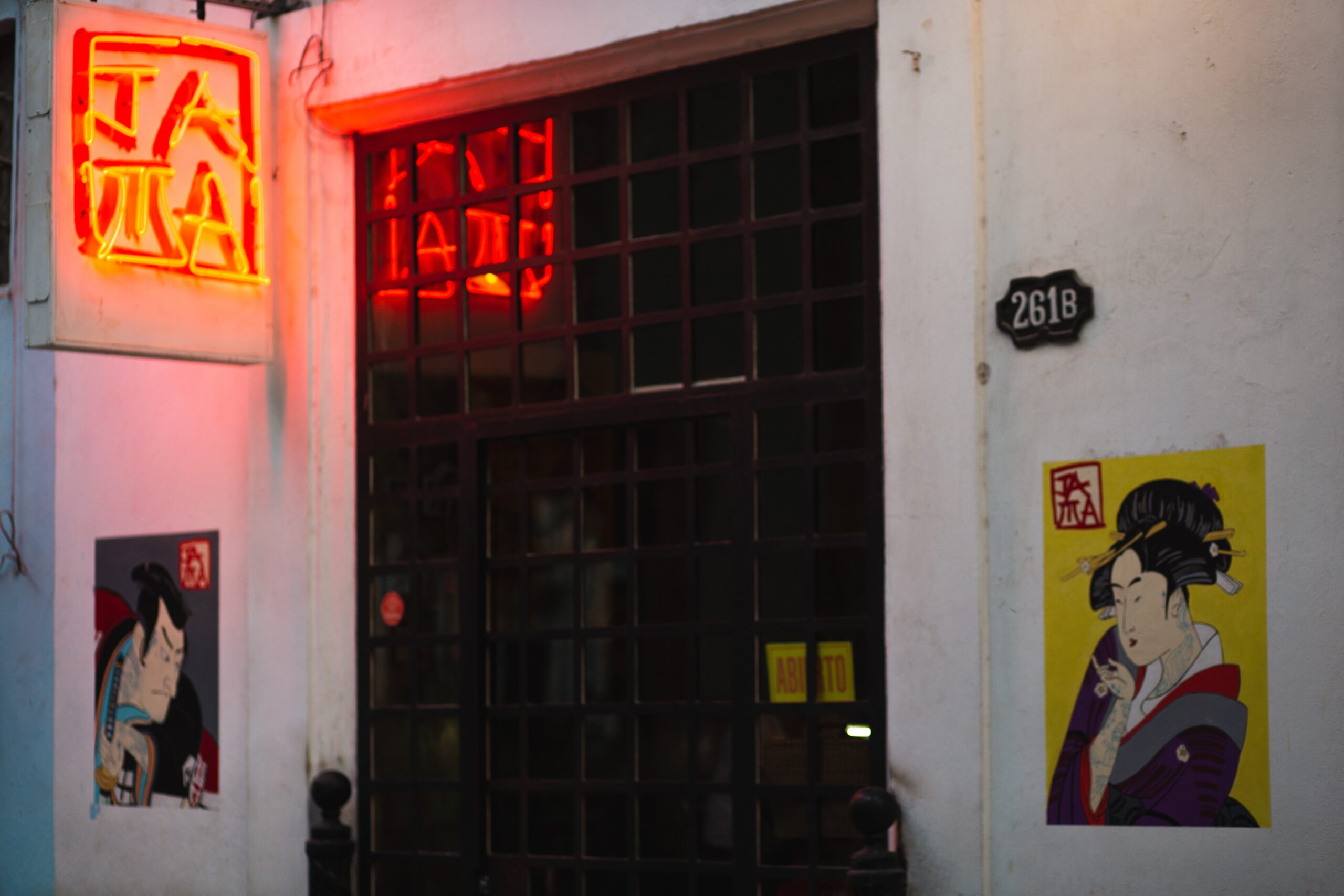Konnichiwa! Baka is a commonly used term in Japanese that is often heard in anime, manga, and other forms of Japanese pop culture. What does Baka mean in Japanese? Baka can be translated to mean “stupid”, “fool” or “idiot” in English, but its meaning is much more complex than that. In this article, we’ll explore the meaning of the Japanese slang word baka, its various uses, and how it plays a part in Japanese culture.
The Meaning of Baka in Japanese
Baka is a Japanese term that is used to describe someone who is foolish or lacking in common sense. The word baka can be traced back to the early days of Japan and has been used in various contexts throughout Japanese history. The word is made up of two characters: “ba” meaning “horse” and “ka” meaning “deer.” The combination of these two characters is thought to have originated from a Chinese phrase that referred to a horse that was startled by a deer and ran away. The phrase was used to describe someone who was easily frightened or foolish, and the word baka evolved from there.

Planning a trip to Japan?
The Uses of Baka in Japanese
Baka is a versatile word in Japanese, and its meaning can change depending on the context and the tone of the speaker. Here are some of the most common uses of baka in Japanese:
The most common use of baka is to insult someone’s intelligence. When used in this way, baka is similar to the English word “idiot” or “fool.” It is often used in a joking or teasing manner among friends, but it can also be used as a serious insult.
Baka can also be used to express disbelief or disapproval. For example, if someone does something that is obviously foolish or dangerous, you might say “baka!” as a way of expressing your disapproval.
In some cases, baka can be used as a form of self-deprecation. For example, if you make a mistake or forget something important, you might say “baka na watashi” (I’m such an idiot).
Baka can also be used in a playful teasing manner among friends. In this context, it is not intended as an insult, but rather as a way of joking around.
Believe it or not, baka can also be used to express affection in Japanese. In some cases, calling someone baka can be a way of expressing how much you care about them. It’s important to note, however, that this use of baka is usually reserved for close friends or family members.
Baka in Japanese Culture
Baka has played a significant role in Japanese culture and is often used in anime, manga, and other forms of Japanese pop culture. In fact, it has become so common that it is now recognized as one of the most well-known Japanese words around the world.
One of the reasons baka has become so popular in Japanese pop culture is because it is a versatile word that can be used in a variety of contexts. It can be used to express anger, affection, disbelief, and more, making it a useful tool for writers and creators.
Another reason for baka’s popularity in Japanese pop culture is that it has become a bit of a trope. It’s not uncommon to see characters in anime or manga calling each other baka as a way of showing their friendship or affection for one another.

Despite its popularity in Japanese pop culture, it’s important to note that baka can still be considered an insult in certain contexts. While it may be used in a playful or joking manner among friends, it should be used with caution in more formal settings or with people you don’t know well.
In Japanese culture, there is a strong emphasis on politeness and respect, especially when interacting with people who are older or in a position of authority. Using baka inappropriately can be seen as disrespectful and may cause offense.
That being said, baka is also a word that is used to break down barriers and connect with people on a more personal level. By joking around and teasing each other with baka, people can create a sense of camaraderie and closeness that might not be possible otherwise.
There are also variations of baka that are used in Japanese culture, such as “aho” and “bakayarou,” which have similar meanings to baka. These variations are typically considered even stronger insults than baka and should be used with even more caution.
It’s also worth noting that while baka is a common term in Japanese, it is not the only word used to describe someone who is foolish or lacking in common sense. Other words like “tonto” and “dame” are also used in Japanese, depending on the context and the tone of the speaker.
Final Thoughts
Baka is a commonly used term in Japanese that is often heard in anime, manga, and other forms of Japanese pop culture. Its meaning can vary depending on the context and the tone of the speaker, but it is most commonly used to insult someone’s intelligence or express disbelief or disapproval.
While baka has become a popular word in Japanese pop culture, it should still be used with caution, especially in more formal settings or with people you don’t know well. Japanese culture places a strong emphasis on politeness and respect, and using baka inappropriately can be seen as disrespectful and may cause offense.
Overall, baka is a word that has become an important part of Japanese culture and is recognized around the world. Whether used as an insult or a term of affection, it is a versatile word that can be used in a variety of contexts and is sure to remain a popular part of Japanese pop culture for years to come. Be sure to check out our other language related blog posts to learn about other nuances in the Japanese language like how to say yes, how to say no, and how are you and how to use them in different situations.
Disclaimer: If you use the link on this page to purchase travel insurance, we will receive a fee from Freely, a brand of Cover-More Insurance Services Pty Limited ABN 95 003 114 145 (AFSL 241713) (Cover- More). We do not act for Cover-More or Freely. The information provided is only on the availability of Freely products. We do not give advice & the information provided is not intended to give an opinion or recommendation regarding the product. For information on how to contact Cover-More or Freely refer to the PDS, FSG & TMD which can be found on the Freely website.




One thought on “What Does Baka Mean in Japanese?”
Comments are closed.